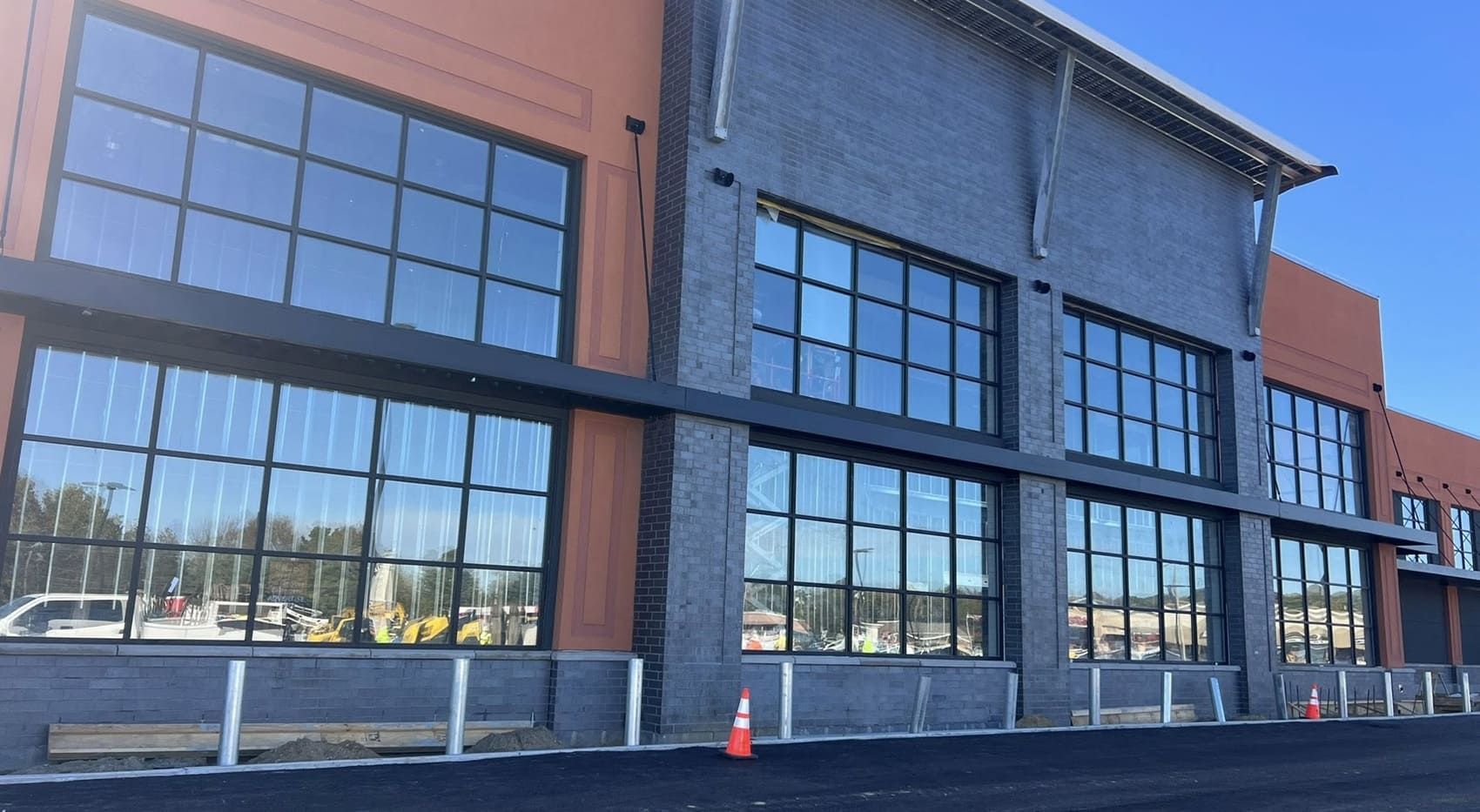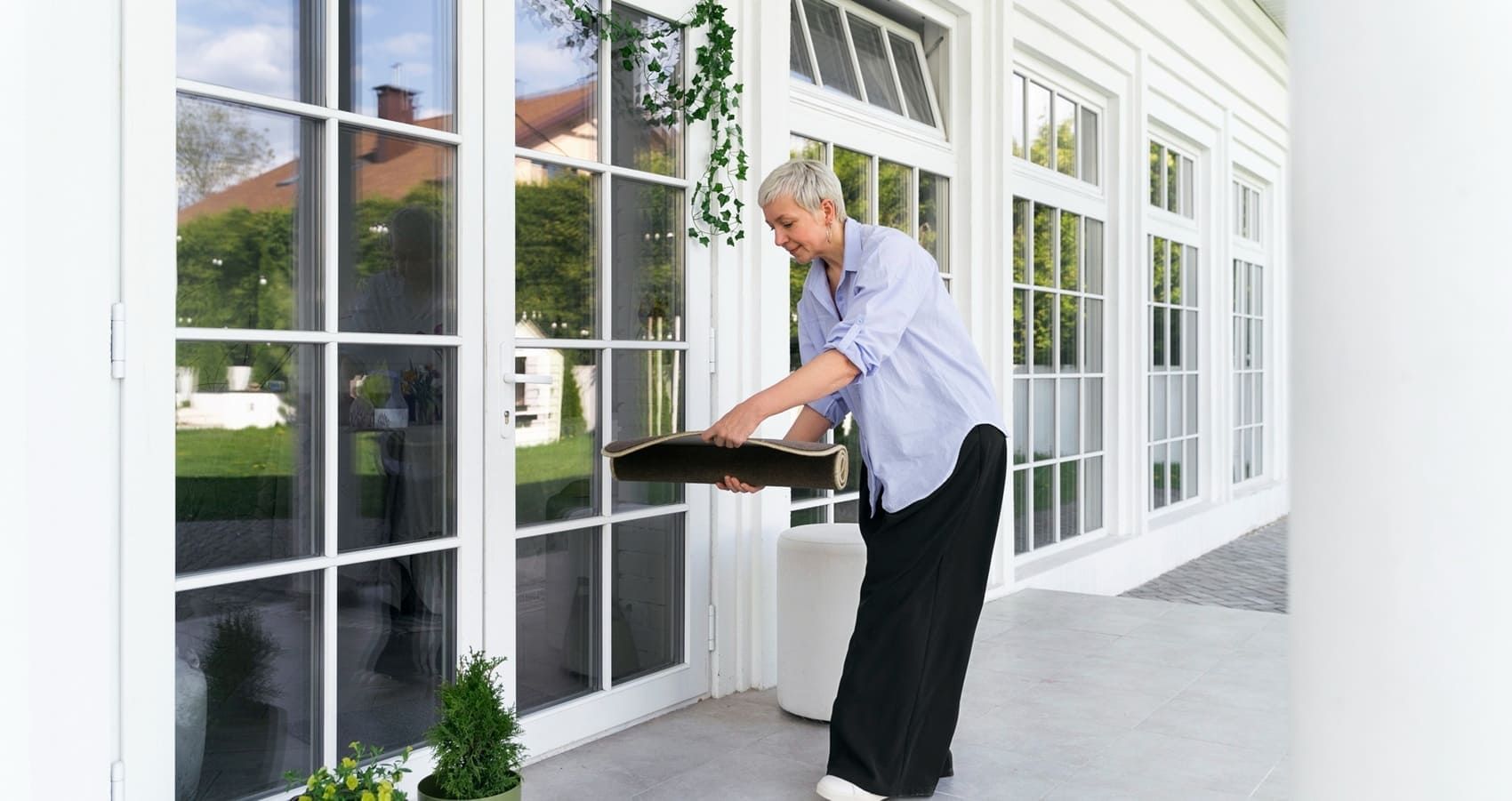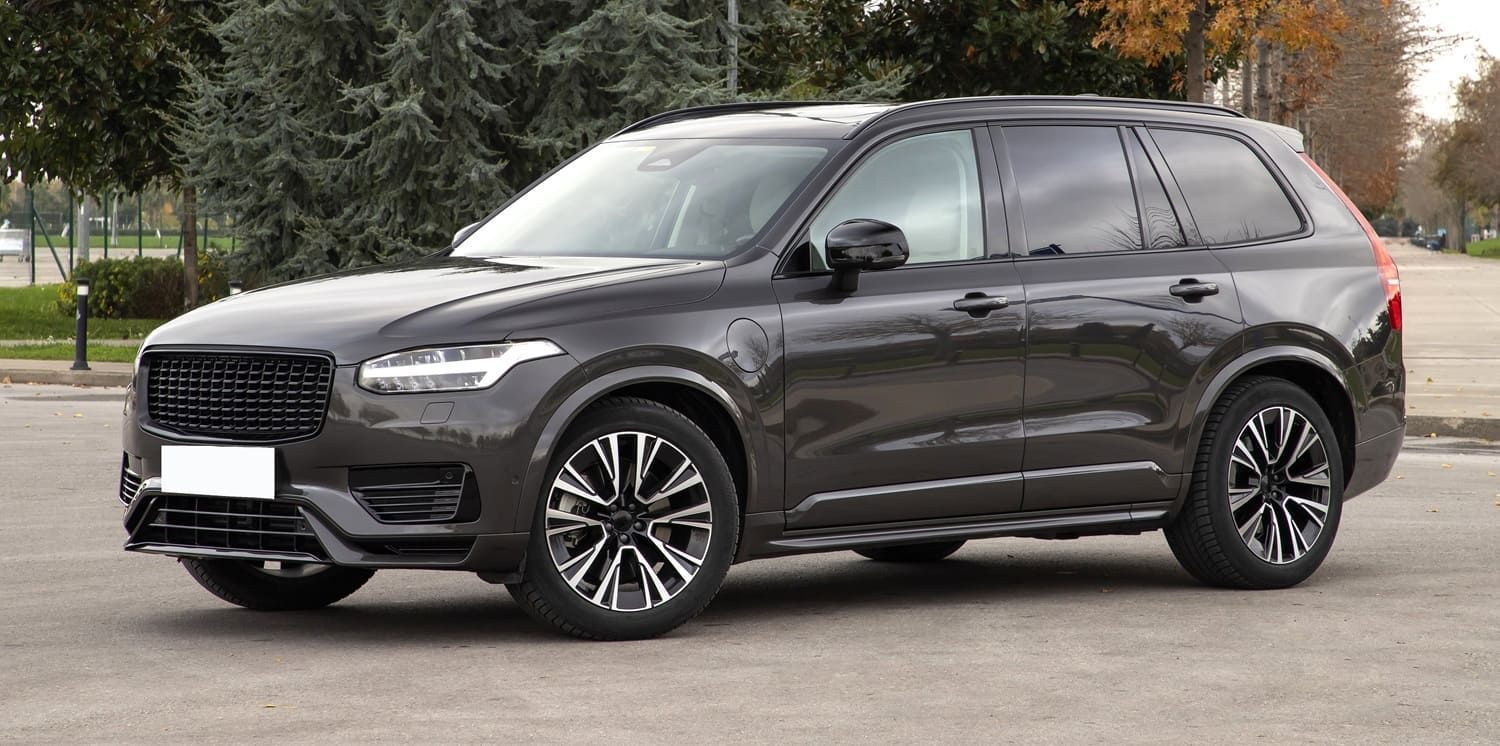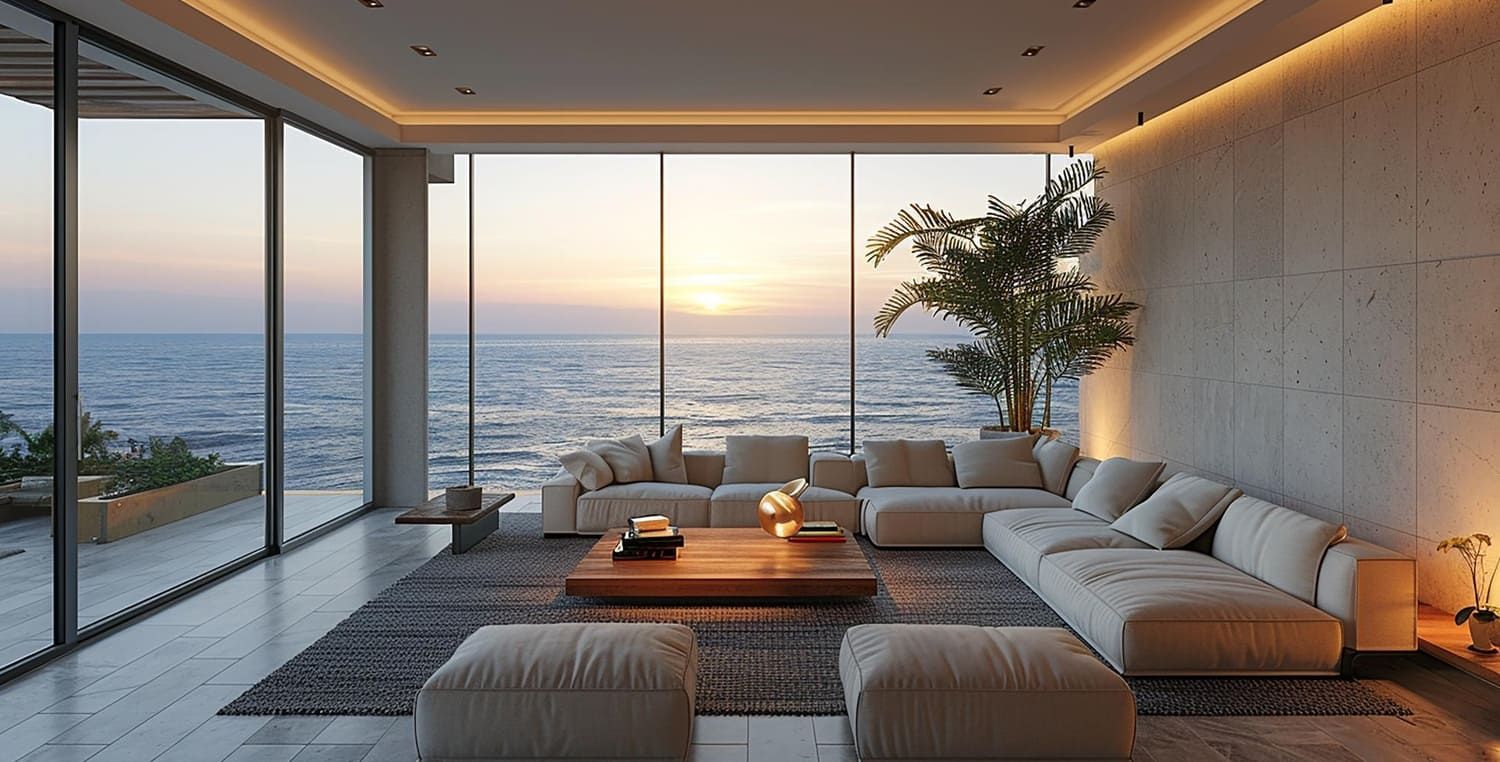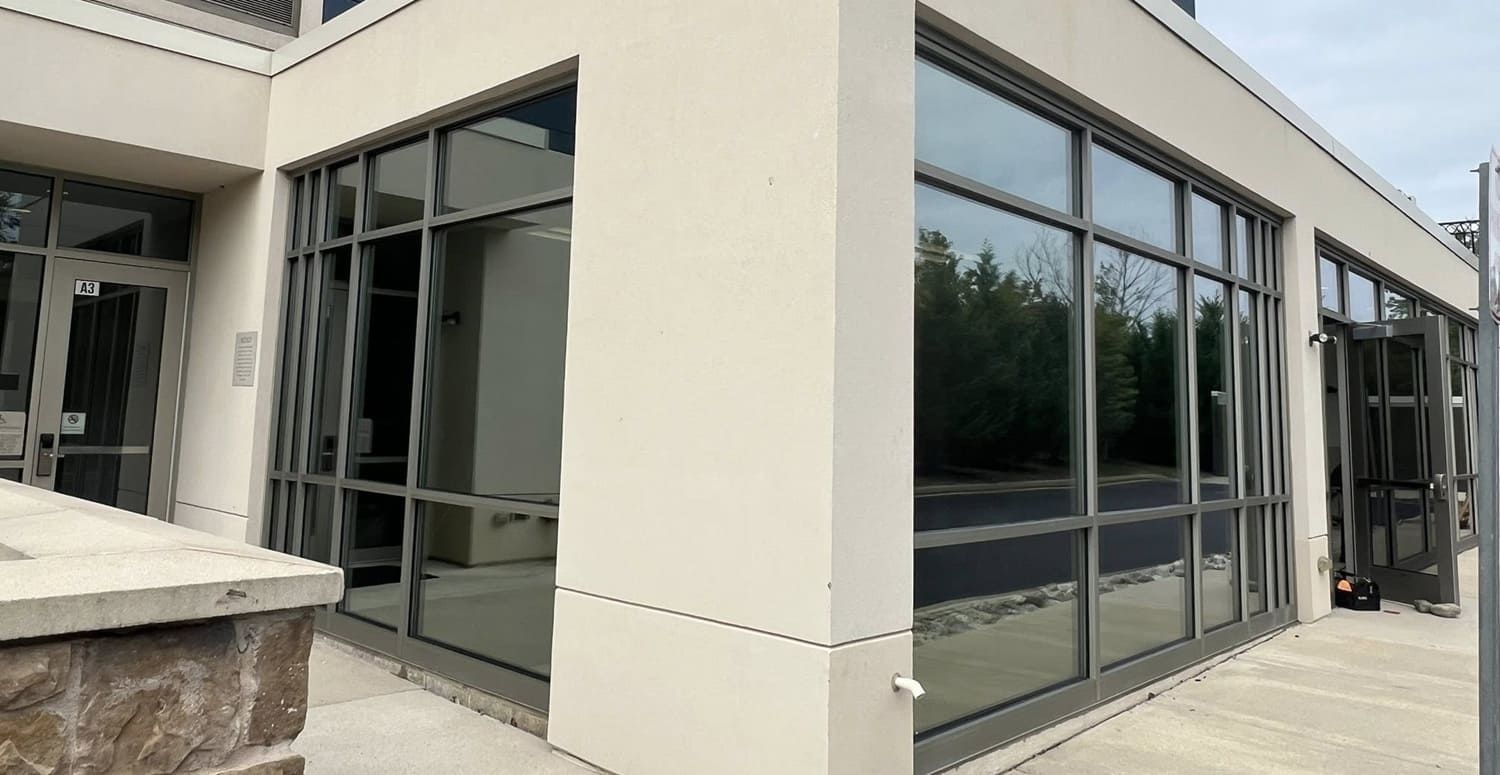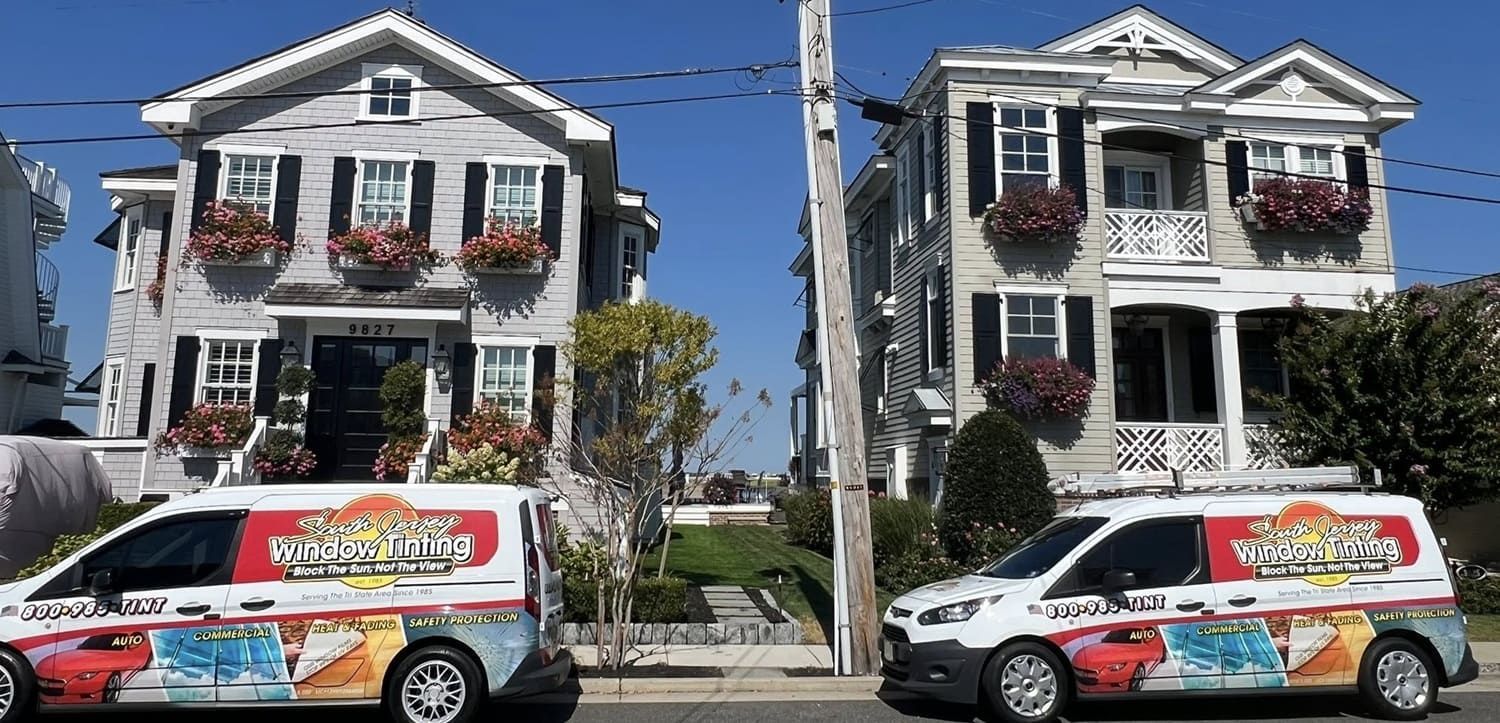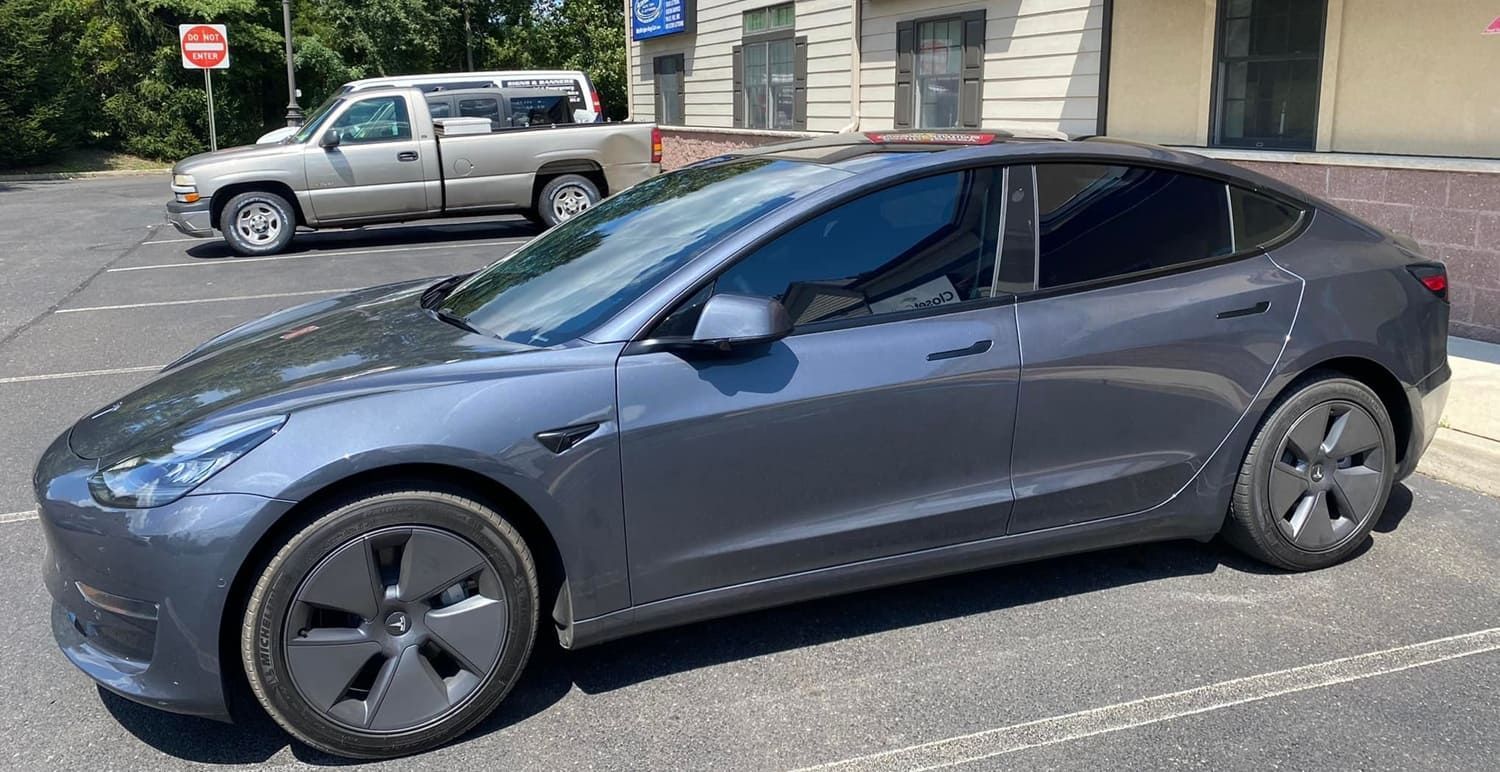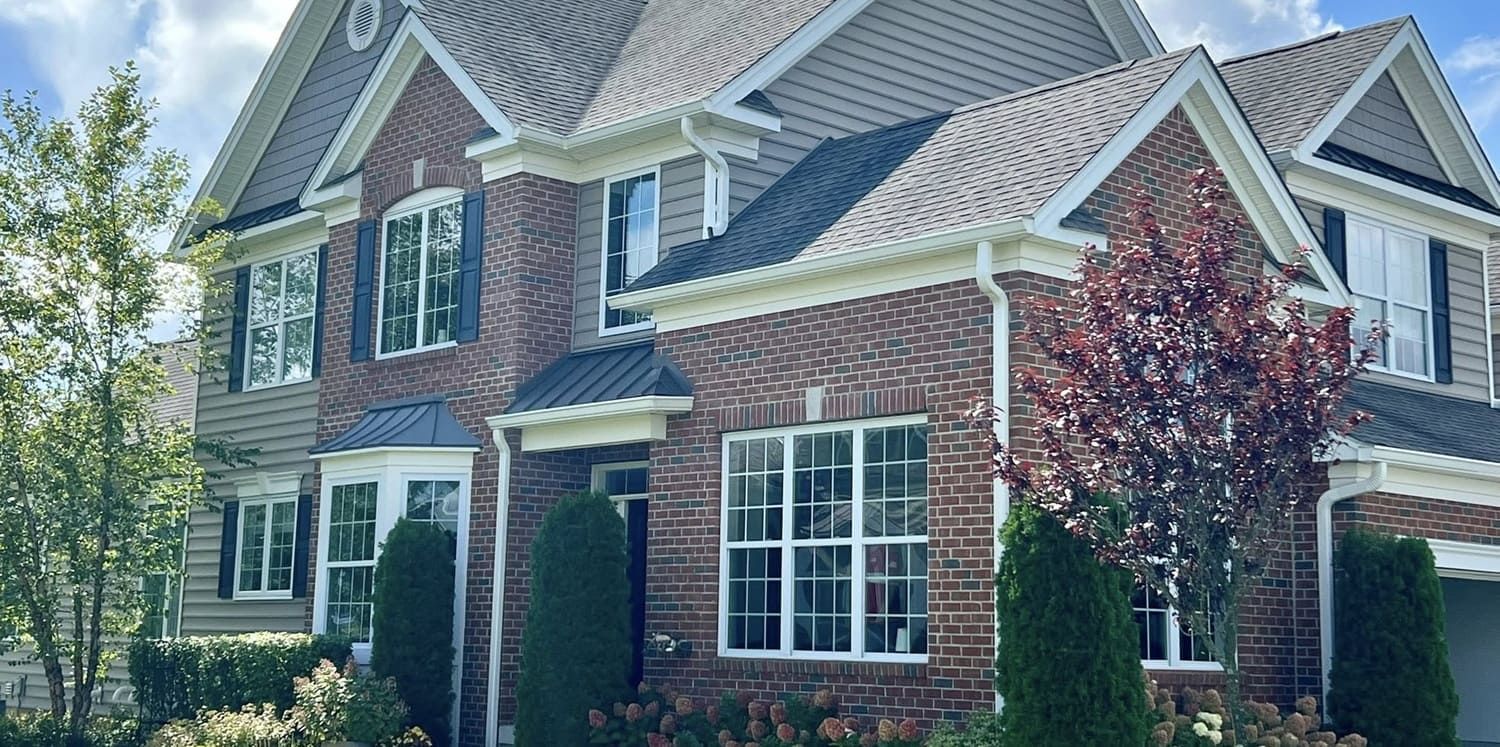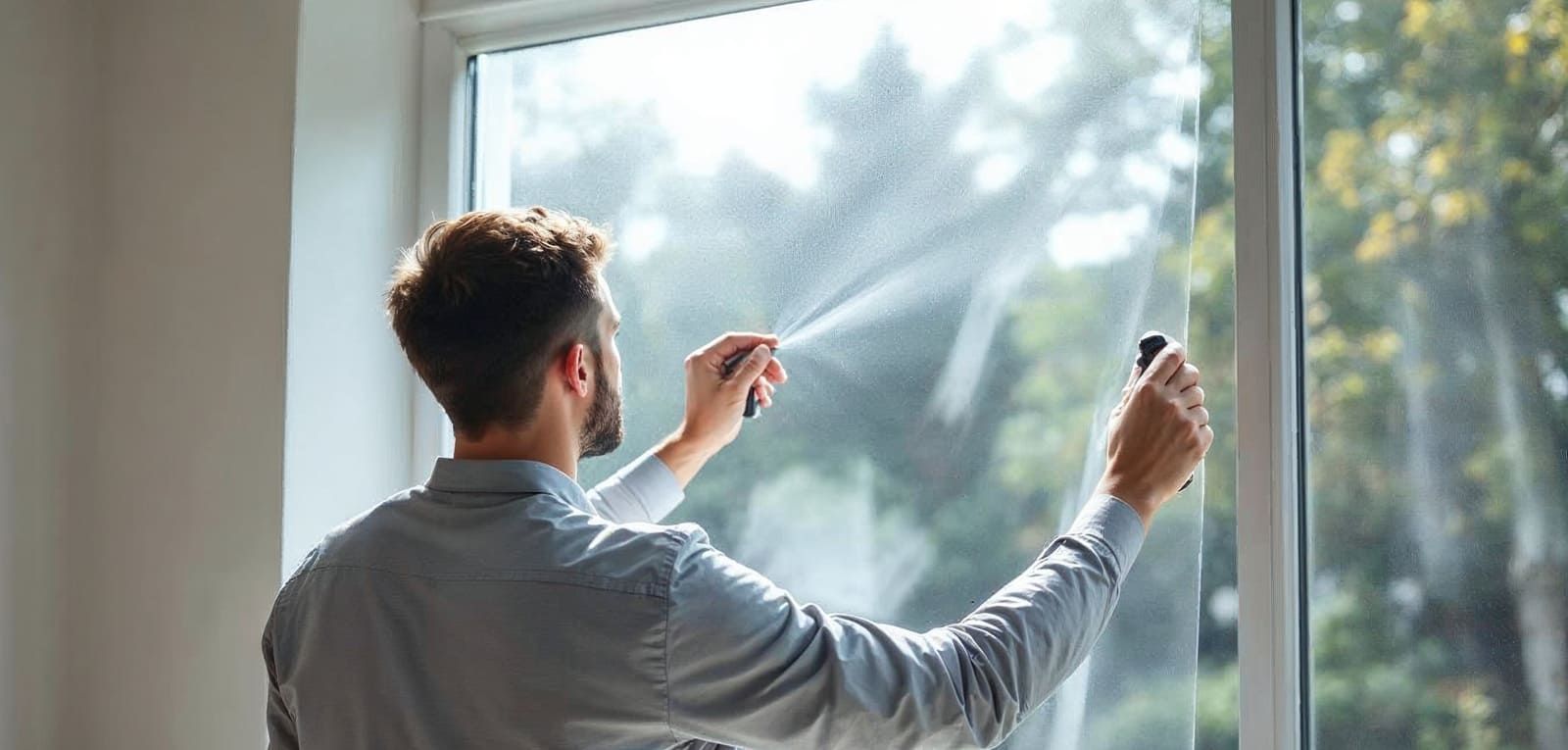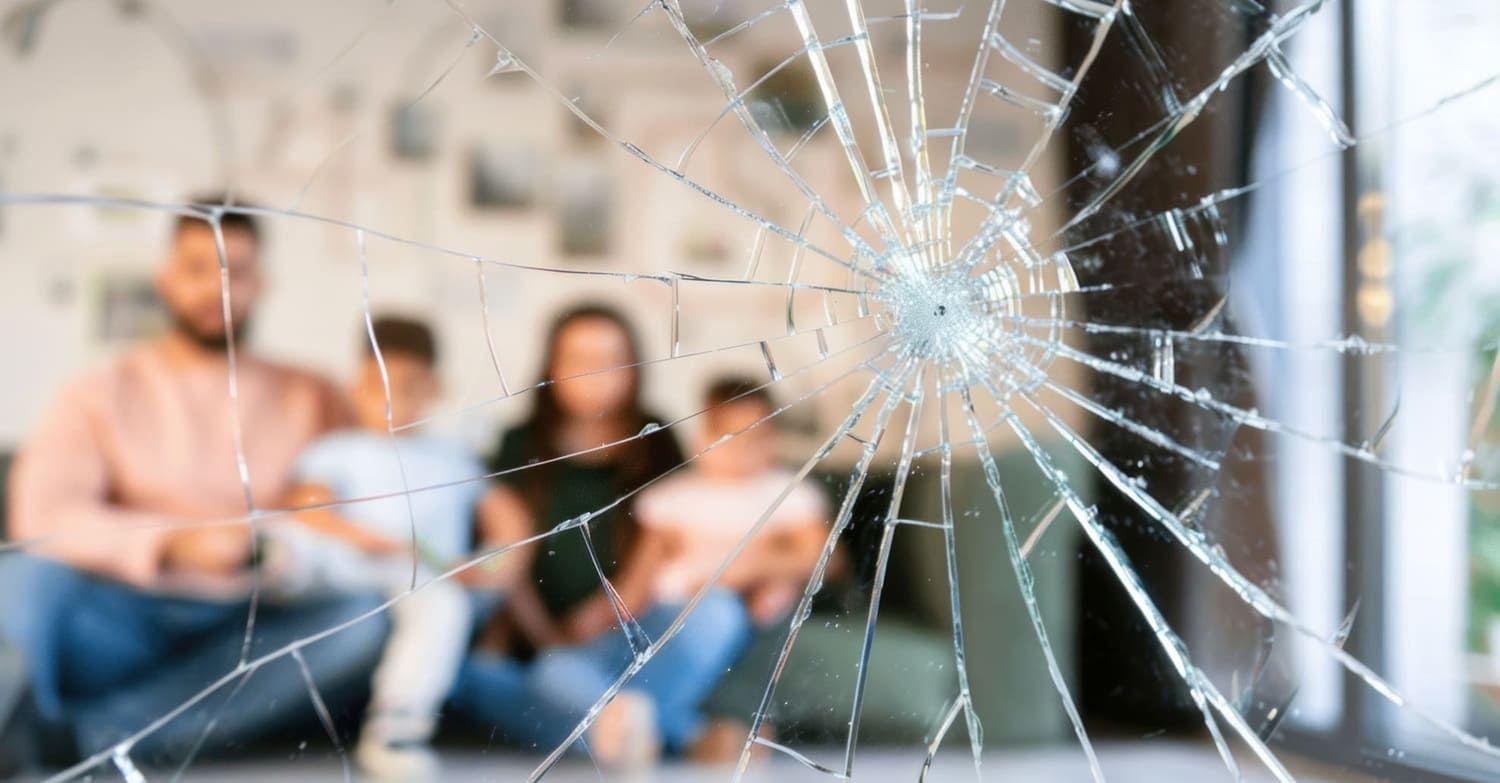Are Car Safety Films Worth the Extra Investment?
Car safety films are gaining popularity among car owners. They promise enhanced safety and protection for vehicles. But are they worth the extra investment?
These films are designed to prevent glass from shattering during accidents. This reduces the risk of injury to passengers. They also offer UV protection, blocking harmful rays.
Car protection films can deter theft by making windows harder to break. They also improve privacy by reducing visibility into the vehicle.
The installation process can be done professionally or as a DIY project. Each option has its pros and cons.
Understanding the benefits and drawbacks is crucial. This article will help you decide if car safety films are right for you.
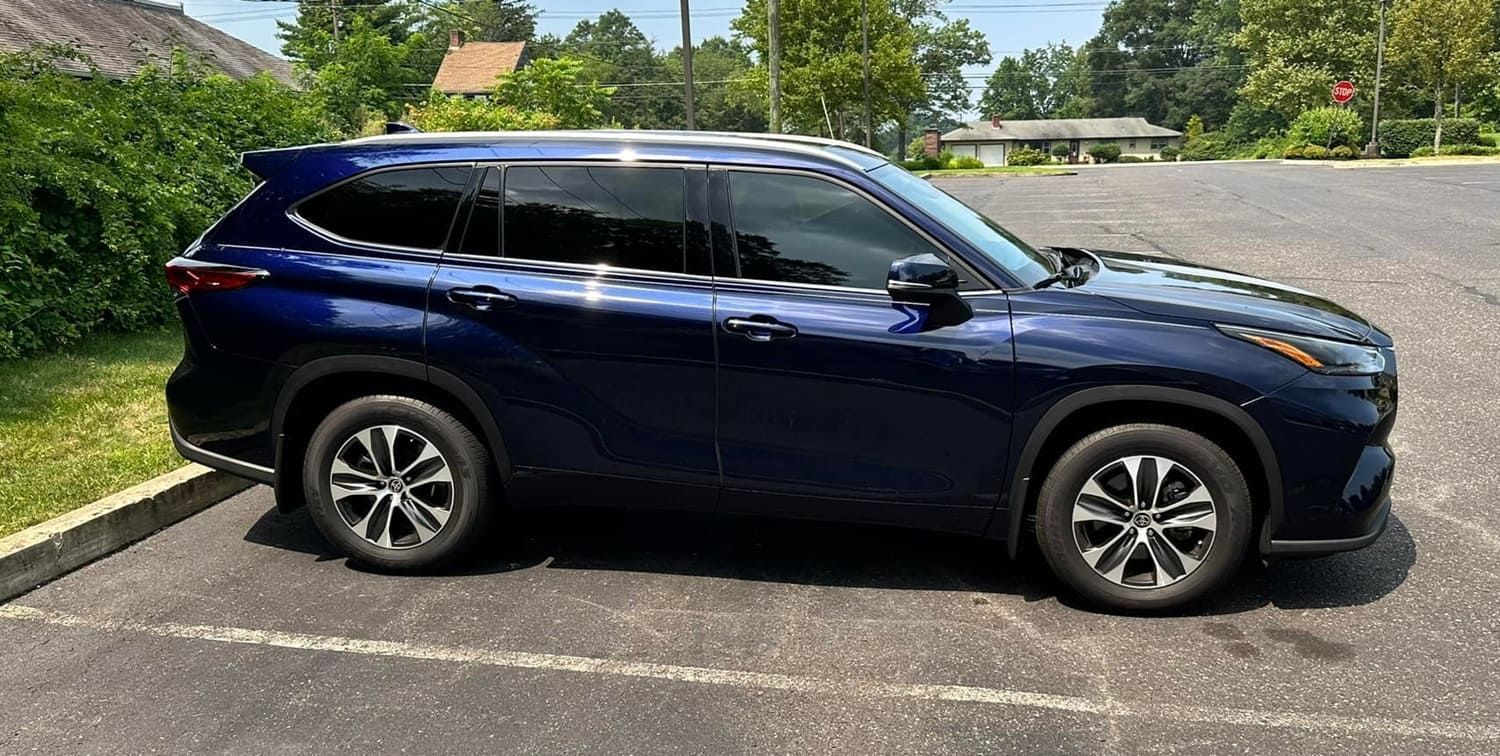
What Are Car Safety Films?
Car safety films are advanced protective layers applied to car windows. They serve multiple purposes, primarily enhancing safety and security. These films use durable materials to fortify the glass against impact.
The technology behind these films is impressive. They not only reinforce glass but also provide numerous additional benefits. Car safety films can be found in various styles and functionalities.
Here's what car safety films generally offer:
- Increased resistance to shattering.
- UV protection by blocking up to 99% of harmful rays.
- Heat reduction to maintain cooler interior temperatures.
- Enhanced privacy through reduced visibility.
Professional installation is usually recommended. It ensures the films are applied correctly and function optimally.
These films can be customized to fit different vehicle types. Whether you own a sedan, SUV, or truck, there's a suitable option for your needs. Car safety films are a versatile and innovative solution for enhancing vehicle safety.
Key Benefits of Car Safety Films
Car safety films offer several essential benefits beyond their primary purpose. They provide an added layer of protection, making your vehicle safer overall. These films combine functionality with convenience.
The films can prevent glass from shattering in accidents. This reduces the risk of injury from shards. The films make it harder for thieves to break into your vehicle.
Heat reduction is another key advantage. The films help keep your car's interior cooler, which is especially beneficial during hot summers. A cooler car interior leads to less reliance on air conditioning, saving on energy costs.
- Reduction in glare from the sun.
- Enhanced privacy by limiting visibility from outside.
- Protection against interior fading from UV rays.
Additionally, car safety films can extend the lifespan of your car's upholstery. They prevent the interior from fading and cracking. This keeps your car looking new for longer.
Investing in car safety films can also increase your vehicle's resale value. Potential buyers appreciate the added safety features and preserved condition. Thus, these films are a wise financial investment.
Ultimately, car safety films offer protection, comfort, and improved aesthetics. These advantages often outweigh the initial investment costs. Car safety films are a multifaceted upgrade for any vehicle owner.
Enhanced Safety and Security
Car safety films significantly boost your vehicle's safety features. They are designed to keep the glass intact during an impact. This not only prevents shattering but also maintains the car's structural integrity.
Another important aspect is increased security. Thieves find it much more challenging to break through films-covered windows. This makes car safety films an effective theft deterrent.
The benefits include:
- Increased window strength and impact resistance.
- Reduced risk of injury from flying glass.
- Delays break-ins, providing extra time for response.
In emergencies, these films offer additional protection. They maintain visibility by keeping shattered glass pieces in place. As a result, drivers and passengers remain safer and more secure.
UV Protection and Comfort
Car safety films excel at blocking harmful UV rays. They can block up to 99% of these rays, which has tremendous health benefits. UV protection reduces the risk of skin cancer for passengers.
By cutting out excessive sunlight, the films enhance comfort. They help create a more pleasant driving experience by reducing glare. Not only does this improve comfort, but it also enhances driver focus.
This UV blockage is also great for the car interior. It helps in preventing the seats and dashboard from fading. Less sun exposure means less damage to the interior materials.
The films are an eco-friendly choice. They reduce dependency on air conditioning, saving energy. With car safety films, you enjoy a cooler and greener ride.
Aesthetic and Resale Value
Car safety films also enhance the appearance of your vehicle. They come in various shades and styles that can complement any car design. Choosing the right tint can add a touch of sophistication.
The aesthetic benefits go hand in hand with functional ones. Your car looks better and stays better protected. High-quality films shield your vehicle from outside elements.
Key points regarding aesthetics and value include:
- Available in a range of shades and finishes.
- Keeps the car interior and exterior looking fresh.
- Can increase potential resale value with maintained condition.
Car safety films offer more than just protection. They contribute to your vehicle's overall appeal and market worth. Making the investment can be a smart financial decision in the long run.
Types of Car Safety and Protection Films
Car safety and protection films come in several varieties, each offering distinct advantages. Understanding these options can help you make informed decisions based on your needs.
Dyed Films: These are often the most affordable. They primarily help in reducing glare and enhancing privacy. However, they may not offer the highest UV protection.
Metalized Films: These films add strength to your windows. They block heat effectively but can interfere with electronic devices. Not everyone prefers metalized films for this reason.
Ceramic Films: This type offers superior performance. Ceramic films block up to 99% of UV rays, reduce heat, and maintain signal clarity. Although pricier, they deliver top-tier protection.
- Dyed Films: Basic protection and privacy.
- Metalized Films: Added strength with some signal interference.
- Ceramic Films: High performance and extensive benefits.
Choosing the right film depends on factors like budget, aesthetic preference, and specific needs. Each film type serves a unique purpose. Knowing their characteristics allows you to maximize their benefits for your vehicle.
Car Film Installation: Professional vs. DIY
Deciding between professional installation and a DIY approach can impact the performance and longevity of car safety films. Each method has its own set of pros and cons.
Professional Installation: Hiring experts ensures precise application. Professionals have the right tools and experience, reducing the risk of bubbles and poor adhesion. This means better durability and performance over time. However, it comes at a higher cost.
DIY Kits: Many car owners opt for DIY to save money. These kits are widely available and come with instructions. While they can reduce expenses, DIY projects often result in less precise application. Mistakes can lead to decreased effectiveness and a less polished appearance.
Professional Installation:
- Accurate application
- Increased durability
- Higher cost
DIY Installation:
- Cost-effective
- Risk of errors
- Lower overall effectiveness
Ultimately, the choice depends on personal skills and budget considerations. For those seeking the highest quality and longevity, professional installation may be worth the investment. However, for budget-conscious individuals with confidence in their skills, a DIY approach could be satisfactory.

Cost Analysis: Is the Investment Justified?
Investing in car safety films varies in cost, influenced by film type and installation method. High-quality films and professional installation often come at a higher price. However, these options typically offer better durability and performance, leading to potential savings over time.
Car safety films can protect vehicle interiors from UV damage, reducing the need for repairs. This protection might lower maintenance costs over the vehicle's lifespan. Additionally, they can deter theft, potentially saving owners from expensive repair and replacement expenses.
While initial costs may seem high, the long-term benefits can outweigh them, enhancing vehicle safety and resale value. Moreover, some films provide a warranty, ensuring peace of mind and cost savings.
Considerations for Investment:
- Initial expense vs. long-term savings
- Durability and effectiveness
- Added resale value
Ultimately, the decision depends on personal priorities and financial circumstances. Balancing cost with potential benefits helps in making an informed choice.
Potential Drawbacks and Considerations
While car safety films offer many advantages, they also present potential downsides. One significant concern is the initial installation cost, especially for premium films. Some users might find this a barrier despite the potential long-term benefits.
Additionally, not all films offer the same level of quality and protection. Lower-priced options may not last as long, reducing the overall value. It's crucial to research thoroughly and choose a reliable product that meets specific needs and expectations.
Legal regulations about tint levels can also be a consideration. Before installation, it's wise to check local laws to avoid potential fines or the need for removal.
Drawbacks to Consider:
- Initial high cost
- Quality variations
- Legal compliance issues
Taking these factors into account, consumers can make more informed decisions about investing in car safety films.
Who Should Consider Car Safety Films?
Car safety films are ideal for individuals who prioritize vehicle safety and longevity. They offer practical benefits for families with children, providing an added layer of security in case of accidents. Additionally, those living in regions with intense sunlight may find the UV protection invaluable.
Frequent travelers or those who drive long distances can also benefit from reduced glare and comfort. Car enthusiasts wanting to enhance their vehicle's aesthetics and resale value might find these films appealing as well.
Ideal Candidates for Car Safety Films:
- Families
- Sunbelt residents
- Frequent travelers
- Car enthusiasts looking to improve aesthetics and resale value
FAQs About Investing in Car Safety Window Films
What is car safety film, and how does it work?
Car safety film is a clear, thick window film that holds glass together in case of impact, preventing shattering and reducing the risk of injury during accidents, break-ins, or rollovers.
Are safety window films different from standard tint?
Yes. While regular tint focuses on privacy and heat rejection, safety films are specifically engineered for impact resistance and glass retention, often with multi-layer construction.
Is car safety film worth the extra cost?
For many drivers, yes. Safety films provide an added layer of protection for passengers, children, and valuables, especially in high-traffic or high-crime areas.
Can safety films prevent injuries in a car accident?
Yes, safety film helps prevent flying glass shards, which are a common cause of injury during collisions or window breakage.
Do safety films protect against break-ins?
They slow down forced entry by making it harder for intruders to break the glass quickly, which can deter theft or give you time to react.
Does safety film block UV rays like other tints?
Yes, most safety films also offer 99% UV protection, helping protect both passengers and interior surfaces from harmful sun exposure.
How thick should safety film be for effective protection?
Most automotive safety films range from 4 mil to 8 mil thick, offering strong protection without affecting visibility.
Will safety film make my windows look darker?
Not necessarily. Clear safety films are available, but you can also choose versions that combine safety, solar control, and tint if desired.
Is safety film legal in all states?
Yes, clear safety films comply with most tint laws. However, if it’s combined with a dark tint, make sure the VLT level complies with local regulations.
Can I install safety film myself?
It’s possible, but professional installation is highly recommended for proper adhesion, performance, and warranty coverage—especially with thicker films.
Does safety film interfere with defrosters or electronics?
No, properly installed safety films are compatible with rear defrosters and modern vehicle sensors, unlike some metallic tints.
How long does car safety film last?
High-quality safety films can last 8–10 years or more with proper care and professional installation.
Does safety film require special maintenance?
No, just clean with non-abrasive glass cleaners and avoid scraping or using rough materials near film edges.
Can I combine safety film with ceramic or IR tint?
Yes, some products combine safety features with advanced heat rejection, offering the best of both protection and comfort.
Is safety film useful for rideshare or family vehicles?
Absolutely. It provides peace of mind for families, rideshare drivers, and anyone who regularly transports passengers or valuables.
How much does automotive safety film installation cost?
Depending on vehicle size and film type, expect to pay $300–$700 for full coverage using premium safety-rated materials.
Does insurance cover the cost of safety film?
Not typically, but some insurance providers may offer discounts or added value for vehicles equipped with approved safety features.
Will safety film stop a bullet or major impact?
No, it’s not bulletproof. Safety film resists blunt-force impacts and shattering but is not designed to stop high-velocity projectiles.
Can I remove safety film in the future if needed?
Yes, safety film can be professionally removed or replaced without damaging factory glass.
Is car safety film a smart long-term investment?
Yes, especially if you prioritize passenger safety, theft prevention, and glass durability, making it a worthwhile upgrade for many vehicle owners.
Conclusion: Are Car Safety Films Worth It?
At South Jersey Window Tinting, your professional car safety and security film installers in Medford, NJ, we provide high-quality automotive films designed to enhance both protection and comfort. Car safety films offer a range of benefits—from shielding against harmful UV rays to deterring break-ins and adding an extra layer of protection during accidents.
While there is an initial investment, the long-term advantages—like reduced interior fading, increased safety, and improved peace of mind—make it well worth the cost. Our expertly installed films are engineered for durability and performance, giving you dependable protection for years to come.
Contact South Jersey Window Tinting today for a free estimate, and take the next step in safeguarding your vehicle with premium safety and security film solutions.

